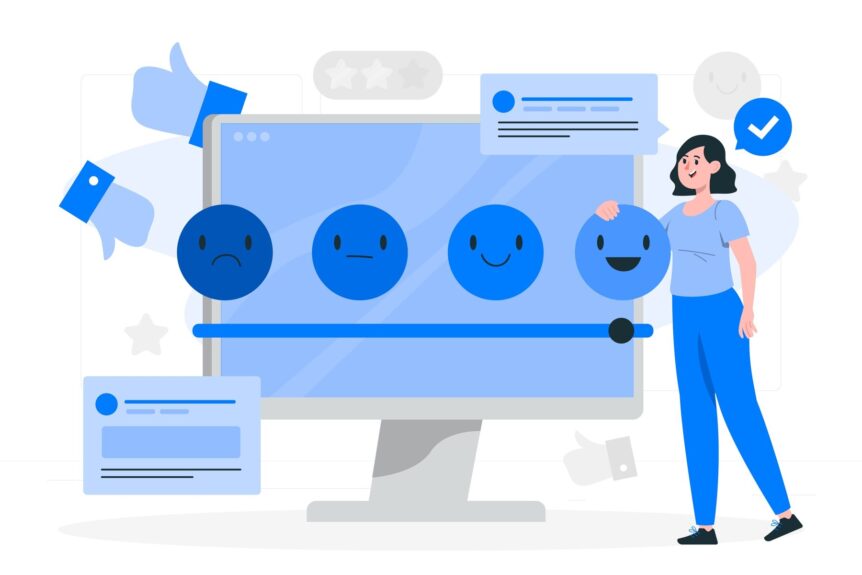Have you ever missed out on a job and had no idea why? After an interview, it can be challenging to know how you went. This is where feedback can be invaluable. But what are the benefits of asking for feedback, and how do you ask for it?
Before you ask for feedback
Say thank you
After the interview, send the employer a thank you email, expressing your gratitude for the opportunity to be interviewed. Even if you were unsuccessful, this can help the employer keep you in mind for future job openings. It also means the employer will be more likely to provide feedback when you ask for it.
How to ask for feedback after an interview
Indeed and Seek highlight how to ask for feedback after an interview.
Ask courteously
Wait around three days after the interview, then ask for feedback. You can do this by phone or email. However, if you want detailed feedback, a phone call is probably best as it is more likely to receive a response and allows you to ask questions.
Always be polite when asking for feedback. Remember, the employer may not have time to offer extensive feedback.
Explain why
When asking for feedback from an interviewer, let them know why you want it. For example, you may want to know how you responded to a particular question or how your body language came across. If they understand what feedback you are seeking, the employer might be more likely to provide it.
Show your gratitude
If you receive feedback, let the employer know you appreciate it. Thank them for their time once again.
Consider the feedback
There’s little point in receiving feedback if you don’t act in response. If you receive feedback from the employer, take it on board. Consider if you need to take action, such as pursuing further study or developing specialist skills. Acting on the employer’s feedback will give you a greater chance of securing a job in the future.
Know when to move on
If you’ve asked for feedback and have not received any, know when it is time to move on and shift your focus to other positions. The longer it is since your interview the less likely you are to receive feedback.
Remember, it’s not always easy to get feedback from employers. If you can’t get any, don’t be disheartened. Instead, you could try self-reflection. For example, after the interview write down how you think the interviewer responded to what you said.
Why ask for feedback after an interview?
According to Indeed, there are several reasons why you should ask for feedback after an interview.
Improves performance
Feedback can help you improve your interview skills, leading to improved performance in future interviews.
Expands your network
If your interview was unsuccessful, an employer may suggest a more suitable position. They may even suggest other companies that could be a good fit.
Develops self-awareness
It is essential to know what your strengths and weaknesses are and how others perceive you.
Increases motivation
If you receive positive feedback, this can encourage you to apply for similar jobs in the future.
Helps you grow
Feedback can give you insights into how you interact with professionals and respond to interview questions. These are things that can be challenging to identify yourself.
Help you understand the competition
Feedback can help you understand how your skills compare to those of others. By doing so, you help understand the skills you need to work on.
Helps you develop specific skills
An interviewer may provide feedback on specific skills you need to work on. For example, they may suggest that you improve your verbal communication skills or develop more knowledge of technology.
Nailing an interview isn’t easy.
Want to improve your interview skills? Public Service Resumes can help. We are pleased to offer interview skills coaching.










